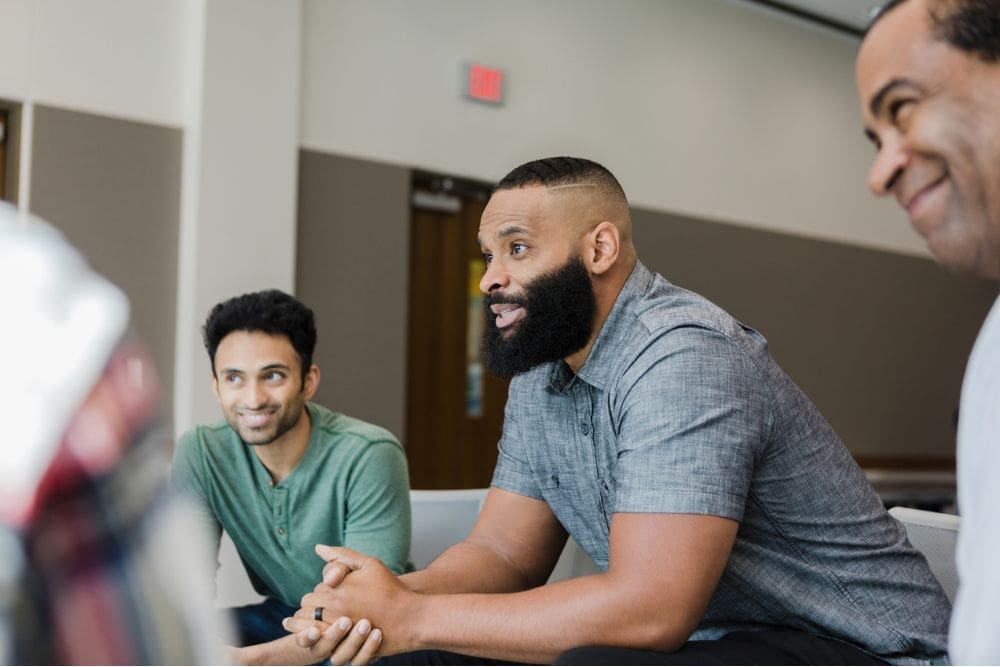Getting sober is a huge accomplishment—one that takes courage, commitment, and a willingness to change your life. But the truth is, treatment is just the beginning of the journey. Staying sober over the long term requires more than just a few weeks or months in rehab. It takes structure, support, and a solid plan for what comes next. That’s where aftercare comes in.
Whether you’ve recently completed treatment or you’re preparing for discharge, creating an aftercare plan is one of the most important steps you can take to protect your sobriety. At Twin Lakes Recovery Center in Monroe, GA, we believe in setting you up for success far beyond the doors of our facility.
What Aftercare Consists Of
Aftercare is a personalized plan designed to help you transition from the structure of residential treatment to the challenges of everyday life. It provides ongoing support, resources, and accountability so you don’t feel like you’re navigating sobriety alone. A good aftercare plan typically includes:
- Support group meetings
- Individual therapy and counseling
- Sober living options (if needed)
- Peer support and mentorship
- Regular check-ins
- Alumni engagement activities
This plan should be built around your unique needs, lifestyle, and goals. The idea is to give you the tools and connections to stay grounded and focused as you re-enter your life outside of treatment.
Support Groups
One of the most powerful tools in aftercare is attending regular support group meetings, like Alcoholics Anonymous (AA), Narcotics Anonymous (NA), or other 12-step and non-12-step alternatives. These groups create a safe and structured environment where you can share your struggles, celebrate your victories, and build a network of people who understand what you’re going through.
Consistency is key—whether it’s one meeting a week or several. Having a regular place to go where you’re reminded that you’re not alone can make all the difference.
Therapy and Counseling
Sobriety isn’t just about avoiding substances—it’s also about healing your mind, your relationships, and your self-worth. That’s why individual therapy and counseling are essential parts of aftercare.
You may work with a therapist on:
- Unpacking the root causes of your addiction
- Learning coping strategies for stress, anxiety, and triggers
- Rebuilding trust and communication in relationships
- Addressing co-occurring mental health issues like depression or trauma
Having a professional guide you through the emotional ups and downs of early recovery can help you avoid falling into old patterns.
Sober Living
If you’re not quite ready to return home—or if your home environment isn’t supportive of your sobriety—sober living can be a true game changer. These structured, substance-free residences provide more than just a safe place to stay. They offer stability, accountability, and a sense of community through curfews, chores, regular drug testing, and daily interactions with others who are also focused on recovery.
Living in this kind of environment can ease the transition from treatment to independent living while reinforcing healthy habits and routines that support long-term sobriety.
Peer Support and Accountability
No one gets sober alone. Having peers and mentors who are also living sober can provide encouragement, wisdom, and accountability. Whether it’s a sponsor from your support group or a sober friend who checks in regularly, surrounding yourself with people who genuinely want to see you succeed can be a lifeline.
Accountability is one of the most underrated parts of recovery. When someone knows your goals, asks how you’re doing, and offers guidance when you’re struggling, it can prevent you from slipping into isolation or denial.
Aftercare at Twin Lakes Recovery Center
At Twin Lakes, we don’t just say goodbye when your treatment ends. We stay connected.
Every alumni is given access to our CaredFor alumni app, where you can stay in touch with staff and peers, find resources, and check in on your progress. We reach out regularly for status updates because we truly care about how you’re doing.
You’ll also be encouraged to attend in-person alumni meetings every Friday night at the facility. These gatherings are a chance to reconnect with your support system, meet new people in recovery, and share your experiences. You’ll also be invited to alumni events and outings, like trips to the Georgia Aquarium and other fun, sober activities that help you celebrate your recovery.
To learn more about our aftercare and other programs and services, please contact us today!




